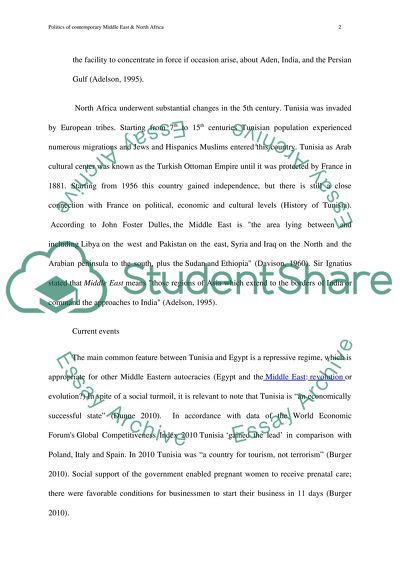Cite this document
(“Politics of contemporary Middle East & North African Essay”, n.d.)
Retrieved from https://studentshare.org/environmental-studies/1407651-politics-of-contemporary-middle-east-north-african
Retrieved from https://studentshare.org/environmental-studies/1407651-politics-of-contemporary-middle-east-north-african
(Politics of Contemporary Middle East & North African Essay)
https://studentshare.org/environmental-studies/1407651-politics-of-contemporary-middle-east-north-african.
https://studentshare.org/environmental-studies/1407651-politics-of-contemporary-middle-east-north-african.
“Politics of Contemporary Middle East & North African Essay”, n.d. https://studentshare.org/environmental-studies/1407651-politics-of-contemporary-middle-east-north-african.


